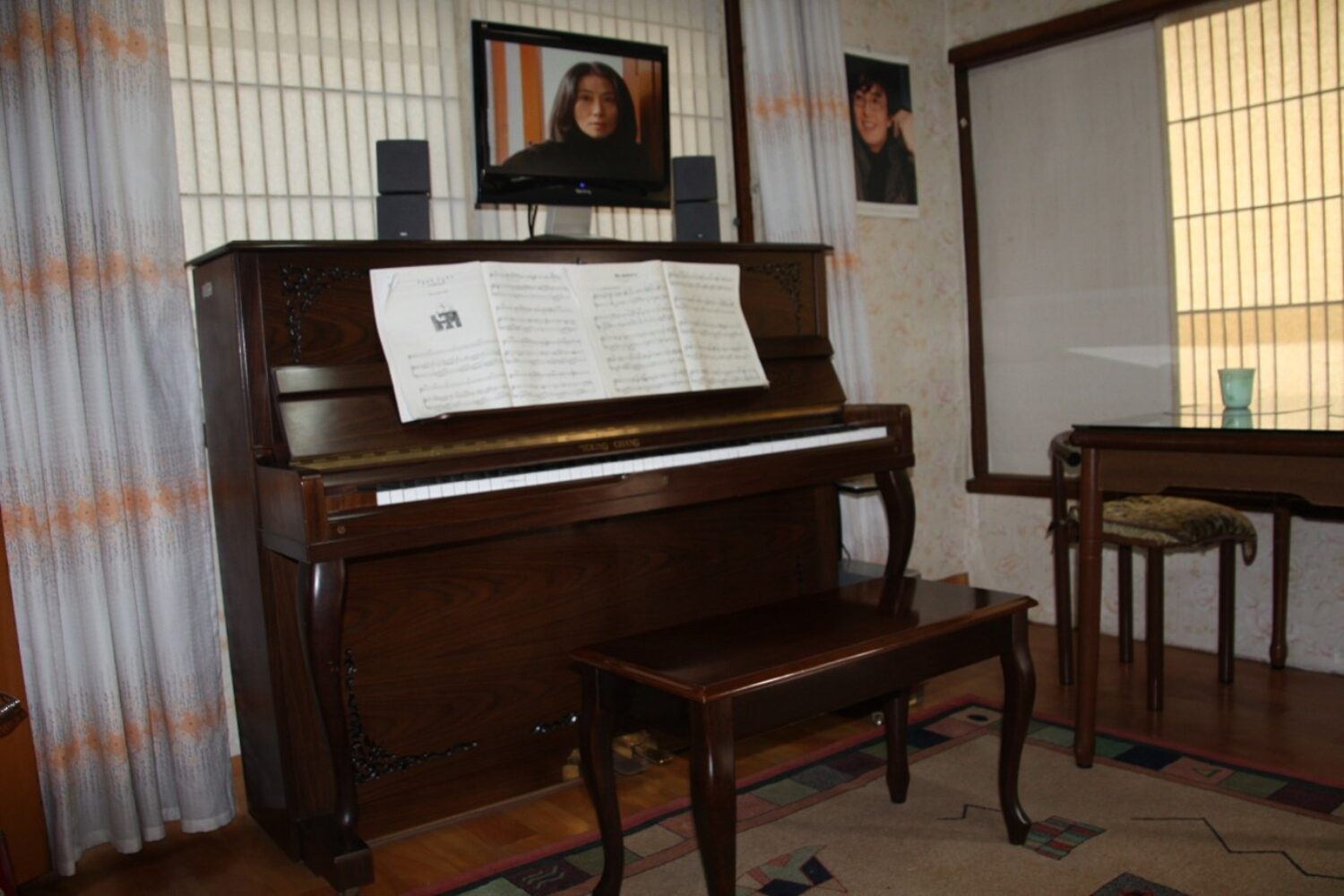韓国には個人的に感謝している。
小生は2010年から2016年まで計6年間、某製薬企業の駐在員として韓国で働いた。
韓国の人々は勤勉で、いわゆる「パリパリ(早く、早く)文化」の下、皆が競うように働き、私が駐在していた6年間で韓国法人の売上は倍増した。幸い、日系企業の現地法人ということで、現地従業員は日本に対して好意的であり、少なくとも職場では政治に絡んで心を乱すことは無かった。
日本海を挟んですぐ隣の国は、熱いハートを持った人々が、まるで毎日が「お祭り」のようなテンションで過ごす社会だった。「アベノミクス」が本格化するまで、日本へ帰国する度に、社会の持つ「熱量」の落差に眩暈のようなものを覚えたものである。それは、当時のワールドカップサッカー代表両チームのキャッチフレーズやユニホームの色である「サムライブルー(日本)」と「赤い悪魔(韓国)」にも象徴されているように見えた。
小生の韓国駐在期間と重なる2014~2016年は、日本から毎年のようにノーベル賞受賞者が出た時期である。一方で、韓国からは2024現在でも、まだ金大中大統領のノーベル平和賞以外に受賞者が輩出されていない状況である。これは日本と韓国、それぞれを取り巻く地政学的環境が関係しているとの韓国の方の分析を聞いたことが有る。
韓国は過去2千年間に約千回、平均して2年に1回もの頻度で外敵による侵略を受けて来た歴史が有るとされている。(そのほとんどは半島の先の大陸からの侵略のようだが)
その厳しい歴史の中で、人々は生き残りの為に嫌が応にもトップダウンによる素早い判断と規律、良い意味での変わり身の早さ、柔軟性を身に着けざるを得なかったという。
「判断に当たって完璧な情報入手、全員のコンセンサスを待っていては命に係わる」、「完璧な情報が手元に有れば、大の大人でなく、中学生でも間違い無い判断を出来ますよね?」と彼は述べた。的を射た指摘である。
その環境は一方で、何かにじっくりと取組んだり、世間の評価など気にせず自分の好きなことを究めたりという生き方に寛容ではなかったようだ。そのようなDNAを引く現代の韓国人は世間体を気にしながら、駆け抜けるように日々を生きている。研究者はユニークさではなく、流行のテーマや結果の出易いテーマを追い、オタクな人々は声を潜めて、生き辛そうである。
海を挟んで、蒙古襲来も防いだ日本は、世界で一番多くの長寿会社が生き残る社会である。デフレ脱却の兆しが見えてきたとは言え、会社では相変わらずじっくりと時間を掛けて稟議書が回っている。
日本の地下鉄のホームドア導入は1991年(南北線)と比較的早かったものの、後発の韓国は日本に先んじてとっくの昔に地下鉄全駅のホームドア設置を終えていた。最近、日本政府肝煎りの半導体企業が熊本や千歳で動き始めたが、果たしてスピード重視で闘って来る彼らを含めた外国企業と伍して行けるのか?懸念は尽きない。
焼き肉を頼めば、焼き肉を巻くサンチュが無料なばかりでなく、付け合わせのお替りも無料、自分だけセットメニューのデザートを変えてくれと頼んでも柔軟に対応するのが当たり前の韓国社会。そこに「規則だからダメです」とか「バイトなので対応出来ません」との回答は無い。
政治面で色々とややこしくはあるものの、厳しい侵略の歴史を潜り抜けて来た歴史を持つ彼らには、グローバル社会で生き抜くためのヒントを色々と学ばせて貰ったと感謝している次第である。
佐藤 賢
写真:「冬のソナタ」チュンサン(ぺ・ヨンジュン演)が高校生活を過ごした家のロケ地(春川市)にて撮影

TV drama 「Winter sonata」
Chunsan (acted by Mr. Yong-Jun Bae) spent high school days in this house.
I am personally grateful to South Korea.
I worked in South Korea for six years from 2010 to 2016 as an expatriate for a Japanese pharmaceutical company.
Korean colleagues were hard workers and everyone worked competitively under the so-called “Pari-Pari (Quick, Quick)” culture, and the sales of the Korean subsidiary doubled during my six years’ staying there. Fortunately, being a local subsidiary of a Japanese company, the local employees were friendly toward Japan, and I never felt disturbed by politics, at least not at the workplace.
The country right next to us across the Sea of Japan was a society of people with passionate hearts, where every day was like a “festival” of tension.
Until “Abenomics” took off in earnest, whenever I returned to Japan, I felt a sense of vertigo at the difference in the level of “enthusiasm” of the society. This was symbolized by the catchphrases and uniform colors of the two countries’ World Cup soccer teams of the time: “Samurai Blue (Japan)” and “Red Devil (South Korea).
The period from 2014 to 2016, which coincided with my stay in South Korea, was a time when Nobel Prize laureates were elected from Japan every year.
On the other hand, as of 2024, Nobel Prize laureate has not been elected from Soth Korea other than President Kim Dae-Jung, who obtained Novel Piece Prize.
I have heard an analysis from Korean person that this is related to the geopolitical environment surrounding Japan and Korea respectively.
Korea is said to have been invaded by foreign enemies about a thousand times over the past 2,000 years, with an average frequency of once every two years. (Most of these invasions seem to have come from the continent beyond the peninsula.)
In order to survive, the people had to learn to make quick top-down decisions, to be disciplined, to change quickly in a positive sense, and to be flexible.
He said, “If we wait to obtain perfect information and consensus from everyone before making decisions, it will be fatal. “, “If we had perfect information at hand, even a junior high school student, instead of grown man/woman, could make a sound decision, right?”
This is an accurate pointing out.
On the other hand, this environment did not seem to be tolerant of the way of life in which people took their time to pursue their favorite without worrying about what the public thought of them. Today’s Koreans, who inherit such DNA, live their lives as if they are rushing through their daily lives, worrying about public opinion. Researchers are not interested in uniqueness, but rather in trendy themes and easy-to-achieve results, while so-called “Otaku(geek)” people keep their voices down and seem to have a hard time living.
Across the sea, Japan, which prevented the Mongolian invasion, is a society where more long-lived companies survive than any other in the world. Although there are signs of an end to deflation, companies’ notorious internal approval process of so-called “Ringi(circulation approval process among departments concerned)” still tends to take long time in Japan.
Although Japan introduced platform doors in its subway system relatively early, in 1991 (on the Namboku Line), South Korea, a latecomer, had already installed platform doors in all its subway stations long before Japan.
Recently, semiconductor companies under the auspices of the Japanese government have started operations in Kumamoto and Chitose, but will they be able to compete with foreign companies, including South Korean, prioritizing speed? There is no end to my concerns.
In Korean society, it is commonsense to offer with free of charge not only for “Sanchu (leaf vegetable to wrap around the meat)” but also for refills on other side dishes at yakiniku (Korean barbeque) restaurant. Besides, even if you ask for a different dessert from the set menu, the restaurant will be flexible to accommodate your request. There are not cases there with “no, it’s a rule” or “I’m a part-time worker, so I can’t help you”.
Although there are many political complications, I am grateful that I have learned many hints for surviving in the global society from these people who have a history of severe invasions.
Ken Sato
A photo taken at location(ChunCheon city) with TV drama 「Winter sonata」
Chunsan (acted by Mr. Yong-Jun Bae) spent high school days in this house.

